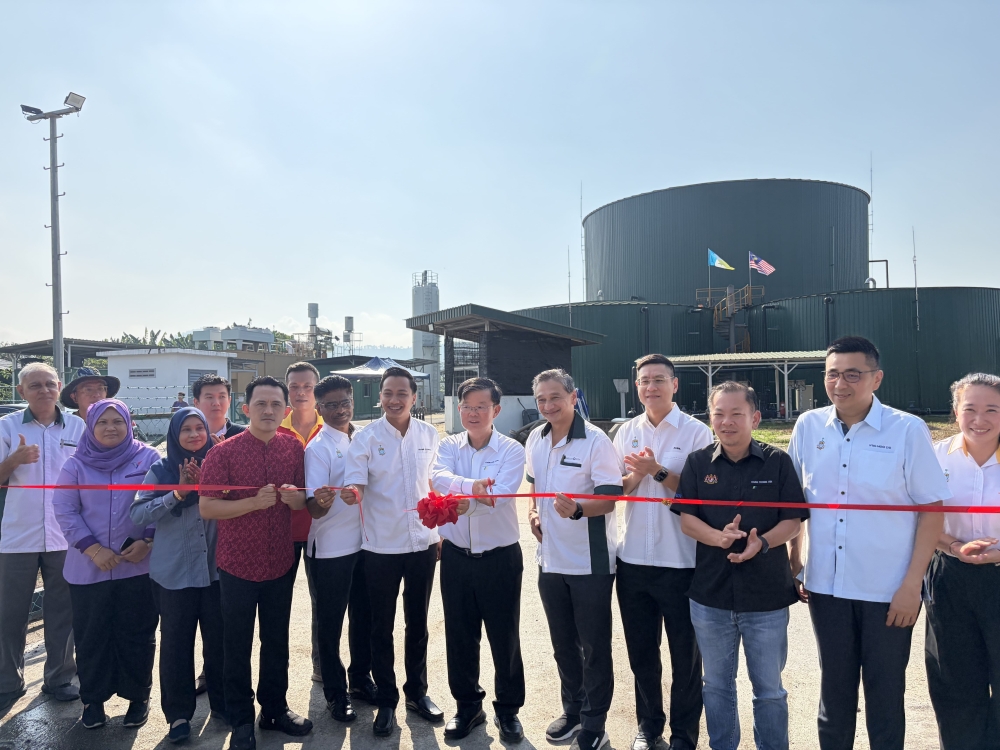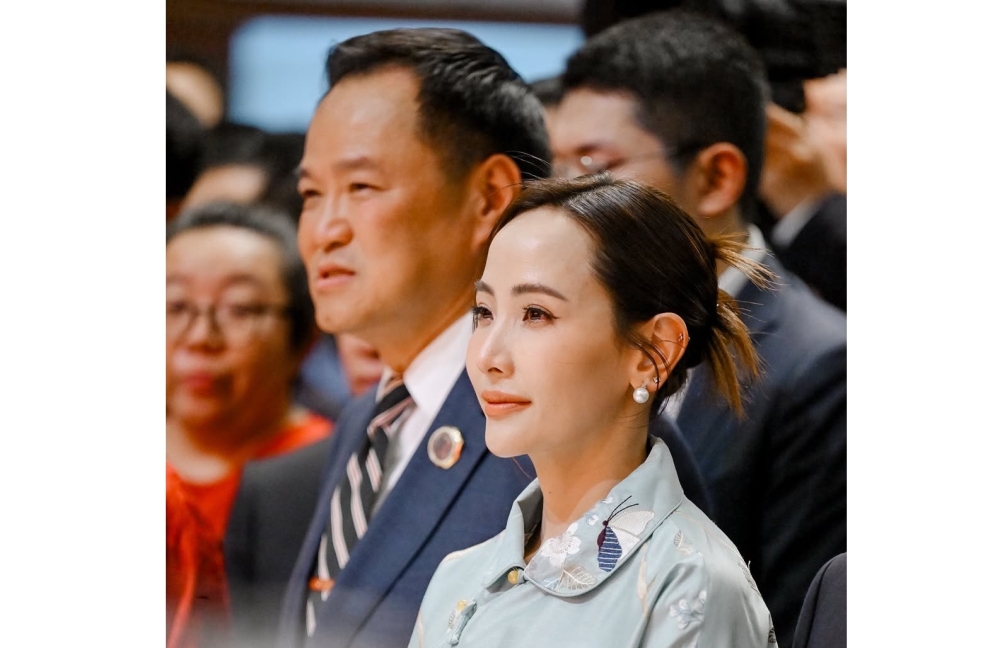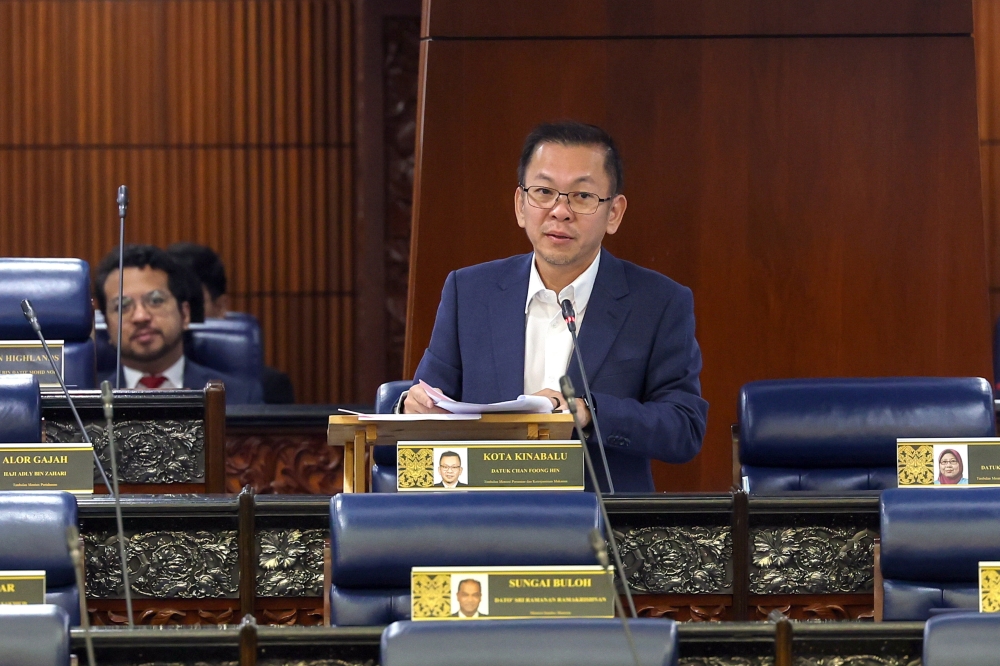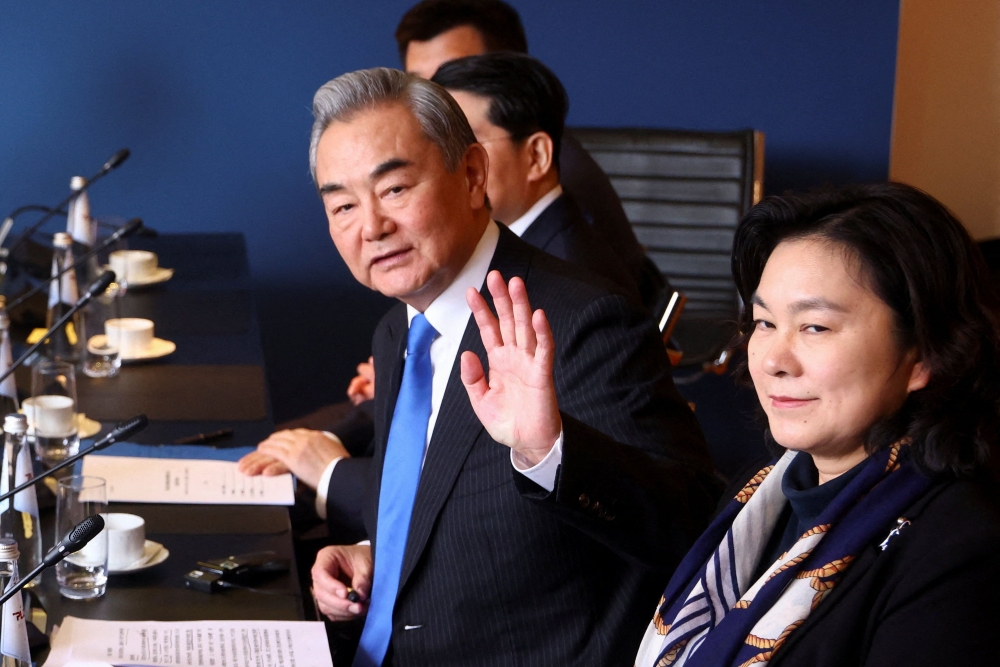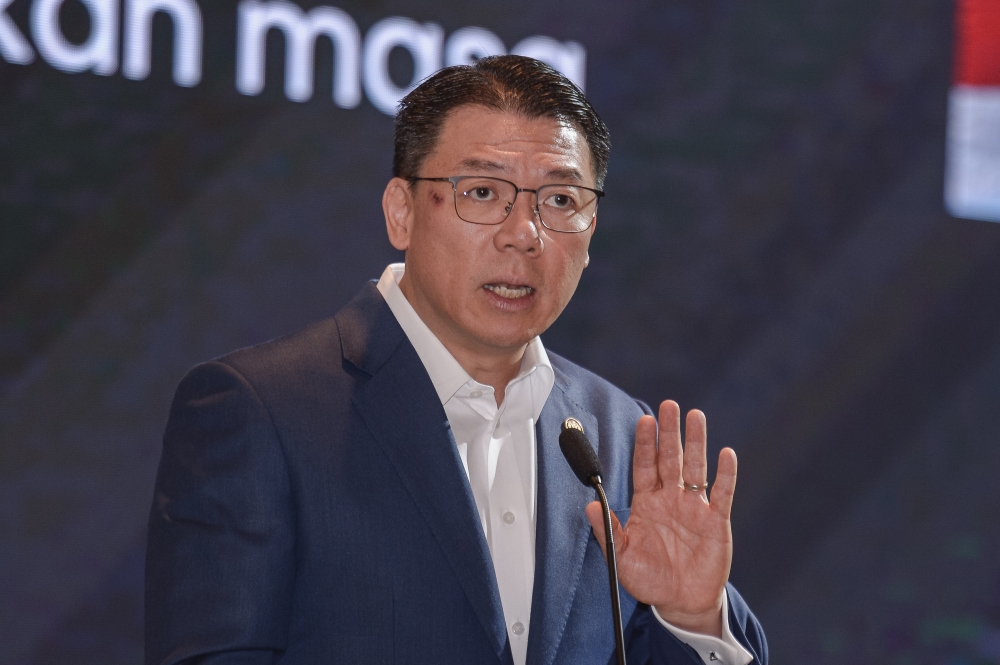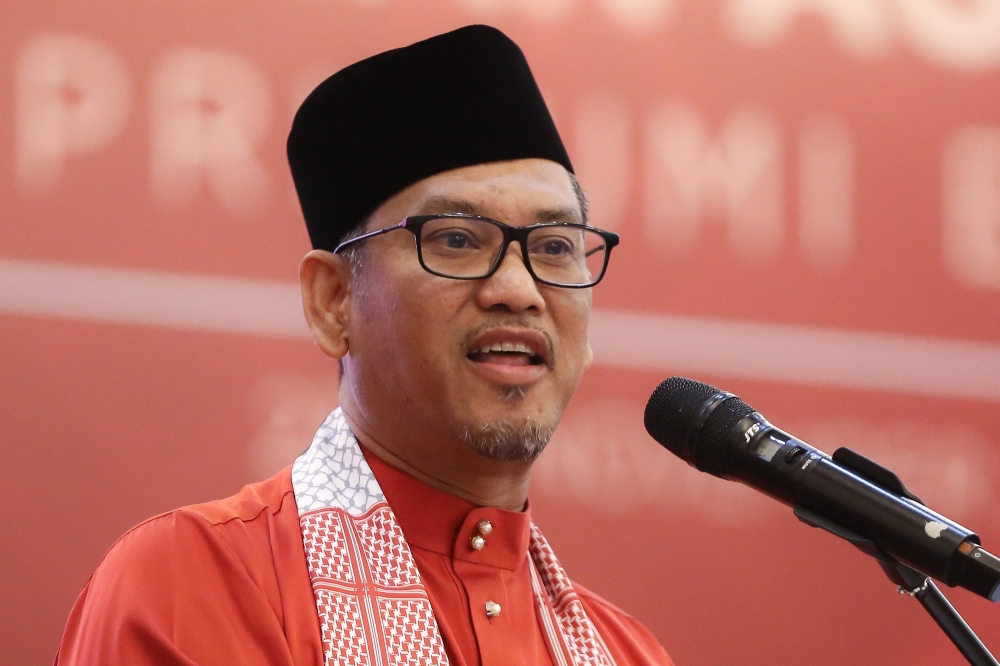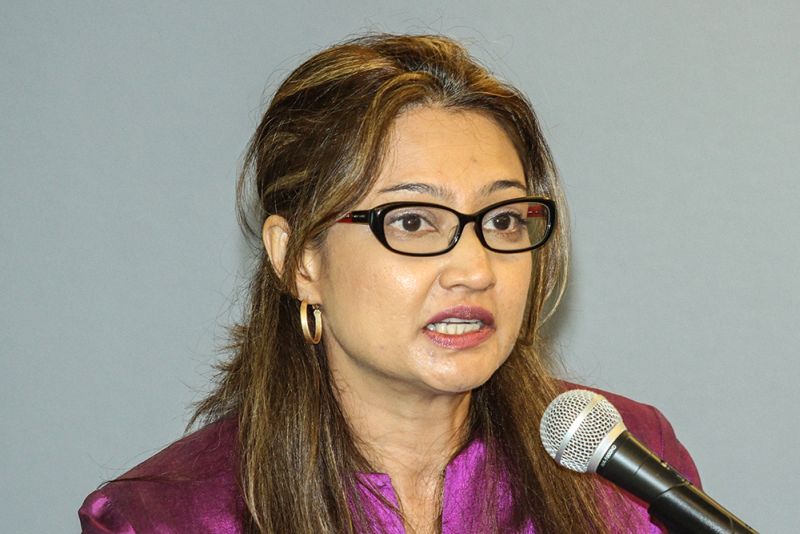KUALA LUMPUR, June 11 — Questions related to obtaining a divorce based on fasakh topped the list of inquiries to Telenisa last year, according to a study released today by women’s advocacy group Sisters In Islam (SIS) which set up the legal aid clinic.
Fasakh is one of six methods of dissolving a marriage under the Islamic Family Law (Federal Territories) Act (IFLA) 1984 and is initiated by a woman, particularly when the husband refuses to grant a divorce.
“Many of our clients apply for fasakh where there is domestic violence involved.
“Our clients face a really challenging process. Part of it is due to evidence required by the Shariah Court including a police report, a medical report and a witness,” Telenisa programme manager Shareena Sheriff said today at the Facebook “live stream” launch of The Telenisa Book: Statistics & Findings 2019.
The report seeks to highlight the challenges faced by Muslim women in the Malaysian Shariah legal system.
Telenisa has helped more than 10,000 women and men since its inception in 2003.
Other top inquiries to Telenisa last year concerned child maintenance, wife maintenance and child custody.
Child custody
Telenisa also found that the issue of child custody rights remains a major issue when marriages fail. Last year, it recorded 92 custodial cases.
Child maintenance payment
Shareena said Telenisa received 307 cases concerning children in 2019, of which 95 were about child support payments and 33 cases involving arrears on their payment.
She said that while the percentage of cases involving child maintenance has not increased significantly over the years, the percentage of arrears rose four-fold between 2016 and 2018, jumping from 5 per cent to 20 per cent.
Telenisa found that the top two issues on child maintenance (52 per cent) and unemployed fathers not providing (31 per cent).
Other factors that contributed to the non-payment of child maintenance were found to be fathers disobeying the Shariah Court order (9 per cent) and the maintenance order not served to the husband is (4 per cent).
Telenisa found that 3 per cent of fathers did not pay any maintenance at all. In 1 per cent of these cases, it was because the father had gone missing.
Maintenance for wife
Telenisa also said a major complaint from its Muslim working women clients were that their husbands had never paid them their wifely maintenance or had stopped doing so. This was attributed to the argument that they were earning their own money and did not need the cash support.
Another top grouse received from 107 clients concerned husbands giving inadequate maintenance. Of these, nearly half (49 per cent) said it was because their husbands did not earn enough, while almost a quarter (24 per cent) complained that their husbands were jobless.
Domestic violence
In 2019, Telenisa recorded 199 cases on violence against women. The highest is psychological (or emotional abuse) at 47 per cent.
Examples of psychological abuses include instilling fear in a spouse through threatening behaviour such as damaging property or abusing pets, constant supervision or controlling what the victim does and who they talk to.
Other types of abuses documented were financial abuse (12 per cent), sexual abuse (6 per cent), social abuse explained as being isolated (3 per cent). Telenisa recorded one case of marital rape.
Polygamous marriages
Shareena said other significant legal aid questions asked concerned polygamy. She said Telenisa had 89 clients in polygamous marriages last year.
“Most of the issues on polygamous marriages are related to husband’s inability to be just and fair in maintaining two or more families.
“Some husbands say they can afford it before marriage, but after marriage it isn’t the same as promised,” said Shareena.
The data compiled in the booklet are based on 610 clients reached out by Telenisa in 2019.
This is an increase by 576 clients in 2018, where 436 are new clients and 174 were repeat clients.
Out of the 610 clients, 556 are women and 54 are men.
Telenisa’s clients age range from 18 to 72 years old, with 31 to 40 years old and 20 to 30 years old being the highest age range.







